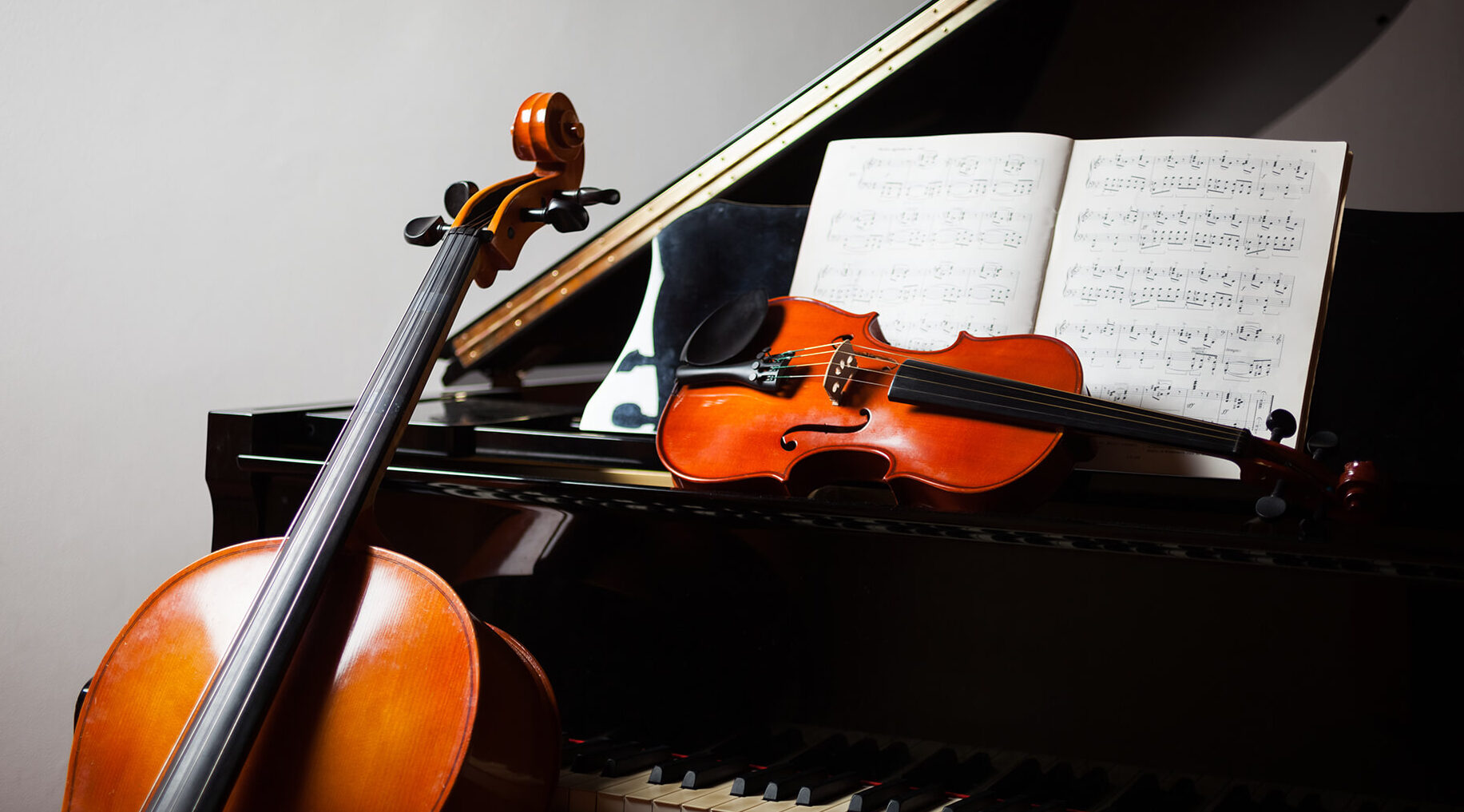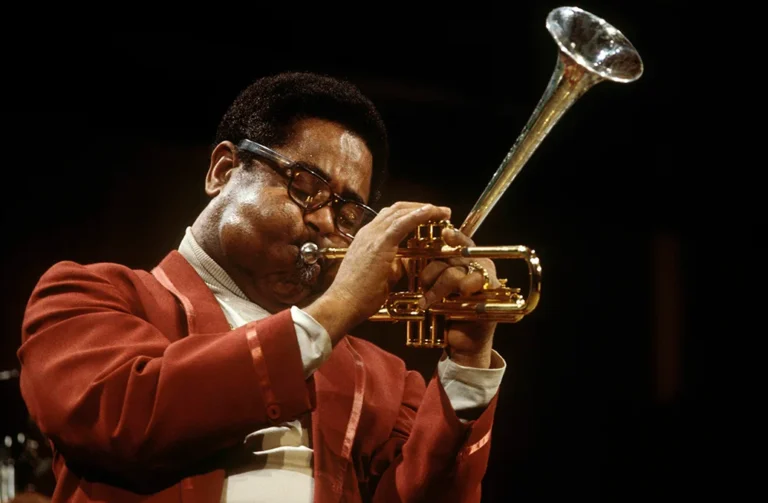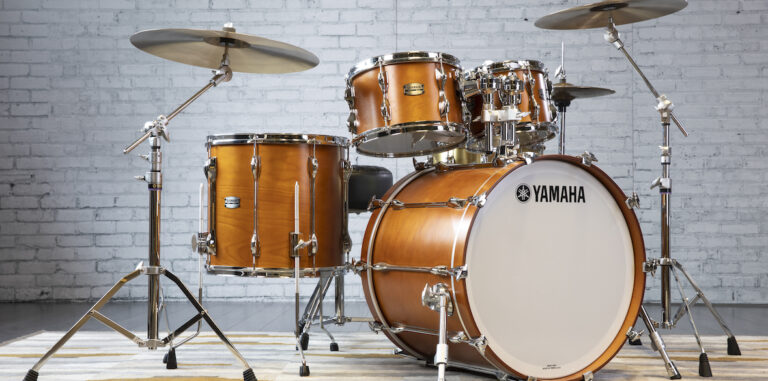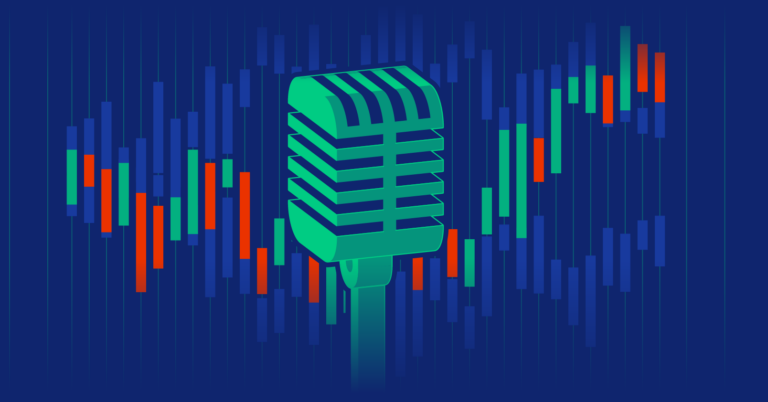Guide to learning a musical instrument for beginners
If you’ve decided to take up a musical instrument, the first step is to choose the right one. This decision should be based on personal interest and musical taste, physical ability and comfort, and budget and availability. For children, it’s important to gauge their interest and commitment level when selecting an instrument. Personality is also a factor to consider, as some children may prefer loud drums while others may be drawn to the sweet sound of a violin. It’s essential to select an instrument that excites you and sparks your passion for music.
Once you’ve chosen an instrument, it’s important to establish a practice routine. Start each practice session with a brief warm-up to prevent injury and improve your playing ability. There are many resources available to help you learn your instrument, including online lessons, books, and instructional videos. If you have the budget, consider hiring a private instructor to guide you through the learning process. Additionally, learning the fundamentals of music theory can help you better understand the music you’re playing and improve your overall musicianship.
For beginners, there are several instruments that are particularly well-suited for learning. The piano is a popular choice because it offers a foundation of musical knowledge and can be used to play a wide variety of genres. The guitar, ukulele, and keyboard are also great options for beginners. If you’re on a budget, consider purchasing a used instrument or renting one to get started. Regardless of which instrument you choose, remember to have fun and enjoy the process of learning and playing music.
Setting up for success: necessary equipment and resources
Learning a musical instrument can be a rewarding and fulfilling experience. However, before embarking on this journey, it is important to have the necessary equipment and resources to set oneself up for success. The first step is to choose an instrument that excites you. There are many options available, but some popular instruments for beginners include piano, guitar, ukulele, and violin. Once an instrument is chosen, it is important to have the necessary accessories, such as a case, tuner, and extra strings or reeds, depending on the instrument. Having these items on hand will ensure that the instrument is well-maintained and ready to play at all times.
In addition to having the necessary equipment, it is important to have resources to aid in the learning process. Music books and online resources can provide valuable guidance and instruction. Music theory books, such as “The Musicians’ Guide to Theory and Analysis Anthology” by Jane Piper Clendinning and Elizabeth West Marvin, can help beginners understand the basics of music theory. Online courses, such as those offered by Udemy or Coursera, can provide instruction on specific instruments or music theory. Additionally, instructional videos on websites like YouTube can provide visual aids to aid in the learning process.
Finding a teacher or mentor can also be beneficial for beginners. A teacher can provide personalized instruction and feedback, as well as help with setting goals and tracking progress. Online platforms like Lessonface, LiveMusicTutor, and TakeLessons offer virtual music lessons with experienced instructors. Additionally, local music schools or community centers may offer group lessons or workshops. Having a mentor, such as a more experienced musician, can also provide valuable guidance and support. With the right equipment, resources, and guidance, beginners can set themselves up for success in their musical journey.
Building a strong foundation through practice and technique
Learning a musical instrument can be a rewarding experience, but building a strong foundation through consistent practice and technique is essential for success. Establishing a consistent practice schedule is crucial for beginners to develop their skills and progress towards their goals. It is recommended to practice for at least 30 minutes each day and to include critical listening exercises in each session to improve one’s ear training. By creating a structured practice routine, beginners can make steady progress and achieve their musical aspirations.

Learning basic music theory is also an important aspect of building a strong foundation in music. Music theory provides musicians with the fundamental concepts and language to understand, analyze, and communicate music. While it may seem daunting, there are many resources available, such as online courses, books, and videos, to help beginners learn music theory. By gaining a basic understanding of music theory, beginners can enhance their musical abilities and communicate more effectively with other musicians.
Developing proper technique and posture is crucial for beginners to avoid injury and play their instrument effectively. It is important to sit or stand with proper posture and avoid slouching or hunching over when playing an instrument, as this can lead to back pain and injury. Additionally, practicing with proper technique, such as hand posture and finger placement, can improve one’s sound and prevent strain on the hands and fingers. Consistently practicing with proper technique and posture can help beginners develop good habits and improve their playing over time.
Staying motivated and progressing as a musician
As a beginner musician, setting realistic goals is crucial to staying motivated and progressing. Setting short-term goals, such as learning a new song or mastering a particular technique, can help make the overall goal of becoming a proficient musician more attainable. It’s important to picture where you want to end up, create a realistic goal that can be definitively reached, decide on a timeframe, and set milestones to track progress. A 2023 guide by Musician’s HQ recommends setting realistic goals and creating a plan to achieve them as the first step in learning a musical instrument. By doing so, beginners can stay motivated and have a clear direction for their practice sessions.
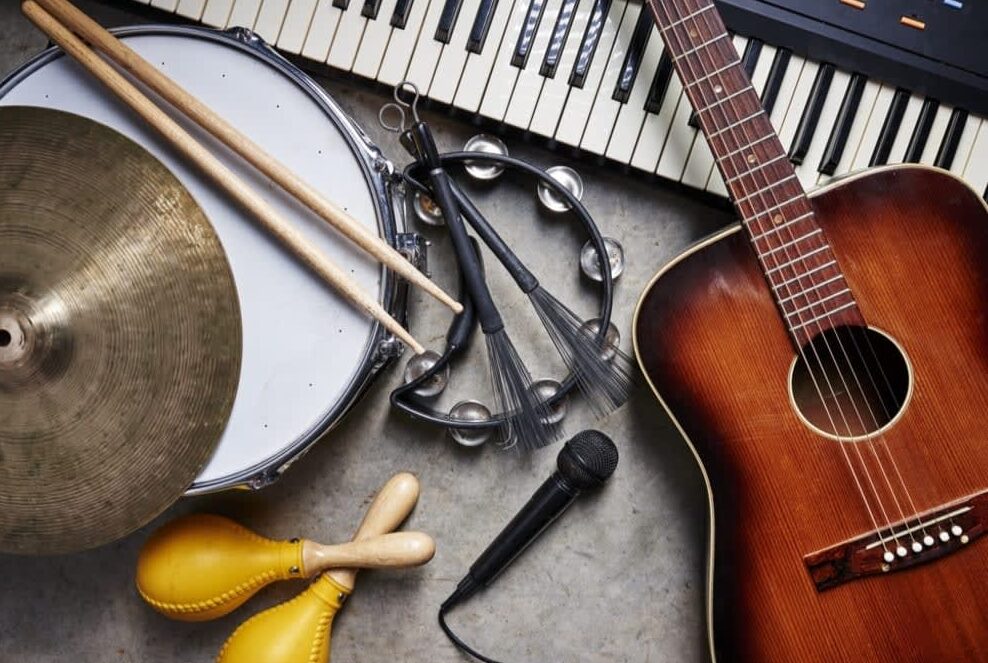
Exploring different genres and styles of music can also help beginners stay engaged and interested in their instrument. Selecting an instrument that aligns with the style of music one wants to play is important. For example, the oboe is commonly associated with classical music, while the guitar is often used in rock and pop music. Once an instrument is selected, exploring different genres and styles can help broaden one’s musical knowledge and keep practice sessions interesting. This can include learning to play different types of music on the same instrument or even picking up a new instrument altogether.
Participating in performances and collaborations can also help beginners stay motivated and progress as musicians. Performing in front of others can be a great way to build confidence and receive feedback on one’s playing. Collaborating with other musicians can also provide opportunities to learn new techniques and styles, as well as build connections within the music community. By setting realistic goals, exploring different genres and styles, and participating in performances and collaborations, beginners can stay motivated and make steady progress in their musical journey.
